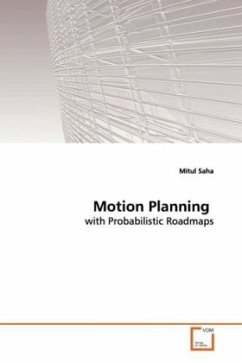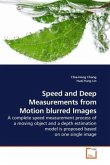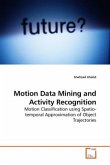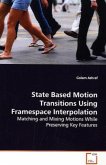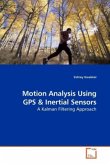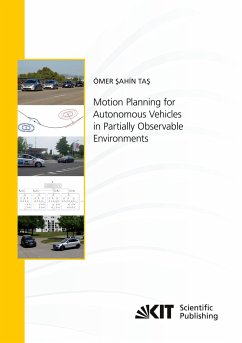Over the last few years, Probabilistic Roadmaps
(PRMs) have emerged as a powerful approach for
solving complex motion planning problems in robotics.
Even beyond robotics, PRMs can be used to predict
motions of biological macro-molecules such as
proteins and synthesize motions for digital actors.
Current PRM-based research focuses on challenges that
arise as PRMs are being applied to motion planning
problems in various scenarios. In response to some of
those challenges, the following four contributions
are being made in this thesis: (1) a dynamic checker
for PRMs that exactly determines whether a path lies
in free space, (2) a sampling strategy, called
"small-step retraction" (SSR), that allows a PRM
planner to efficiently construct roadmaps in free
spaces with narrow passages, (3) an efficient
multi-goal PRM planner, and (4) a PRM planner that
can compute the motions and (re-)grasp operations of
a two-arm system in order to tie self-knots of
deformable linear objects (DLOs), as well as knots
around simple static objects.
(PRMs) have emerged as a powerful approach for
solving complex motion planning problems in robotics.
Even beyond robotics, PRMs can be used to predict
motions of biological macro-molecules such as
proteins and synthesize motions for digital actors.
Current PRM-based research focuses on challenges that
arise as PRMs are being applied to motion planning
problems in various scenarios. In response to some of
those challenges, the following four contributions
are being made in this thesis: (1) a dynamic checker
for PRMs that exactly determines whether a path lies
in free space, (2) a sampling strategy, called
"small-step retraction" (SSR), that allows a PRM
planner to efficiently construct roadmaps in free
spaces with narrow passages, (3) an efficient
multi-goal PRM planner, and (4) a PRM planner that
can compute the motions and (re-)grasp operations of
a two-arm system in order to tie self-knots of
deformable linear objects (DLOs), as well as knots
around simple static objects.

